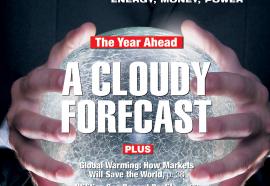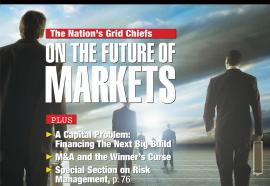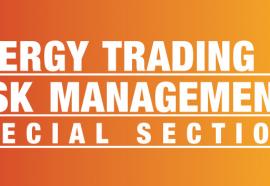Future Imperfect: Managing Strategic Risk In an Age of Uncertainty
Part 1 of a 2-part article explores new technologies most likely to influence competitive success.
When fighter pilots list the advantages of one combat aircraft over another, they do not speak primarily of speed. Rather, they refer to the ability of one aircraft to “turn inside” another, to negate other aspects of performance with a superior turning radius. For the utility industry, fundamental changes in technology, markets, or regulatory requirements can “turn inside” the ability of companies to respond, as long-lived investments and choice of fuels lock them into their strategic choices for decades. This article proposes ways for utility leaders to understand strategic risk better and manage it more effectively.











